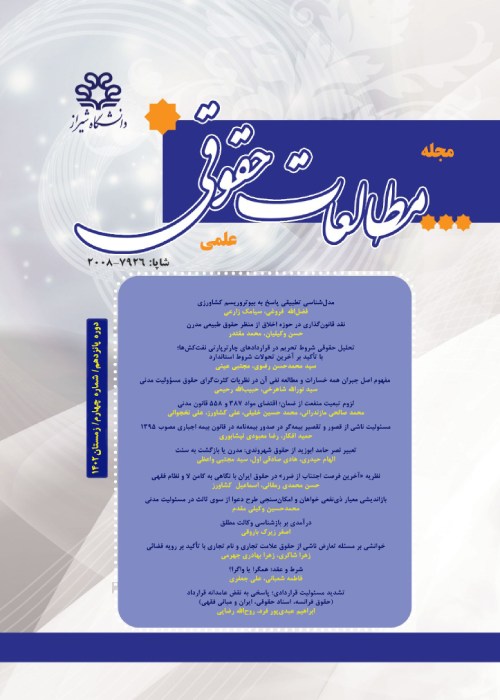Navigating the Seas of Economic Sanctions: A Comprehensive Analysis of Sanctions Clauses in Tanker Charter Party Contracts
The maritime transportation industry has undergone significant transformations with the widespread adoption of tanker charter party contracts, especially in the bulk transportation of oil and petroleum products. These contracts serve as vital instruments governing the intricate relationship between ship owners and Charterers, aiming to safeguard the interests of all parties involved. Although standardized forms are available, parties retain the flexibility to define specific terms and conditions. In practice, prefabricated standard contracts are often preferred due to their efficiency and familiarity within the industry.In recent decades, the landscape of maritime transportation has been reshaped by economic and commercial sanctions. The fear of inadvertently violating sanctions laws has compelled parties to incorporate meticulous terms and clauses into their contracts. These terms serve as a shield, enabling parties to mitigate and manage risks associated with economic sanctions effectively. A focal point within these contracts is the inclusion of sanctions clauses, widely recognized standards established by reputable institutions such as BIMCO and Intertanko. These clauses encompass a spectrum of provisions, including explicit definitions of key concepts, assurances against sanctions imposition, guidelines for handling sanctions-related issues, protocols for refusing voyage orders that may contravene sanctions, procedures for contract termination, and avenues for claiming damages. Notably, it is mandatory to include sanctions clauses in sub-charters and issued bills of lading.However, a critical inquiry arises: do these standardized sanctions clauses truly serve as robust risk management mechanisms for economic sanctions? Upon meticulous examination, it becomes apparent that these clauses are not without their limitations. Ambiguities within the language and criteria employed in these clauses create room for varied interpretations during judicial proceedings. The broad terminology and ambiguous phrasing often lean in favor of ship owners, leaving other involved parties at a disadvantage.This article delves into a comprehensive evaluation of the sanctions clauses established by esteemed international institutions such as BIMCO and Intertanko, as well as major oil corporations like BP and Shell. These clauses, subject to regular updates, are subjected to meticulous scrutiny, highlighting both their strengths and inherent weaknesses. Through this analysis, the article aims to provide a nuanced understanding, considering the viewpoints of legal scholars and interpretations derived from judicial decisions.In conclusion, the incorporation of sanctions clauses into oil tanker charter party contracts has become an industry standard, reflecting the necessity to navigate the complex waters of economic sanctions. However, the key lies in meticulous drafting. Precise definitions, avoidance of ambiguous language, and transparent criteria are essential to establish fairness and equity between ship owners and charterers. Despite being developed by esteemed international institutions and major corporations, these standard clauses are not binding and can be modified by the involved parties. Hence, it is imperative that these clauses are tailored to strike a balance, aligning with the interests of all parties involved and adopting an optimal approach to risk management, especially for countries like ours, continually exposed to foreign sanctions. This article serves as a valuable resource for economic stakeholders, offering insights to aid in the formulation of effective sanctions clauses.
- حق عضویت دریافتی صرف حمایت از نشریات عضو و نگهداری، تکمیل و توسعه مگیران میشود.
- پرداخت حق اشتراک و دانلود مقالات اجازه بازنشر آن در سایر رسانههای چاپی و دیجیتال را به کاربر نمیدهد.



